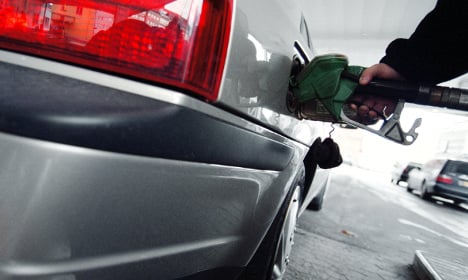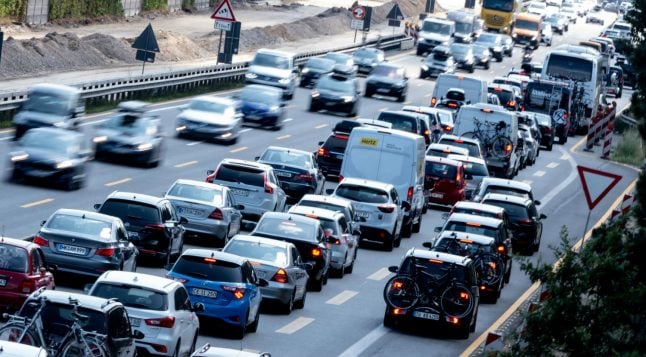Sweden's leading petrol companies raised their guideline price of unleaded petrol by 0.20 kronor on Monday, bringing the total price up to 14.29 kronor ($1.66) per litre.
The hike follows a number of cuts in the past month during a summer that has been unusually kind on Swedish drivers.
Normally, prices are pushed up at this time of year due to rising demand as consumers hit the road for their summer holiday.
But thanks to the price of crude oil falling across the globe, the cost at pumps in Sweden has remained lower than normal this season.
“I like to see the price of crude oil as a surface of water with petrol prices as corks that can either float high or low in the water. At the moment, the price of petrol is at its highest, but the price of crude oil has been falling steadily,” Ulf Svahn, chairman on the Swedish Petroleum and Biofuels Institute (SPBI), told The Local last month.
The benchmark price for crude oil worldwide, Brent Crude, was $51.09 per barrel on Monday – down from an average of $102 in July last year.
READ ALSO: The Local's ultimate guide to travel in Sweden
Tourists have been flocking to Sweden this summer, despite the rather disappointing weather.
But foreign drivers hoping to score an even cheaper deal are advised to wait until September, when there's likely to be a sharp drop in costs at the pumps.
”The classic European summer holiday is in August, or as we call it 'driving season', so we have to wait until September before demand — and the price — drops,” said Svahn.
Etanol fuel E85 also went up by 10 öre to 10.83 kronor a litre on Monday. The price of diesel remained unchanged at 12.90 kronor.




 Please whitelist us to continue reading.
Please whitelist us to continue reading.